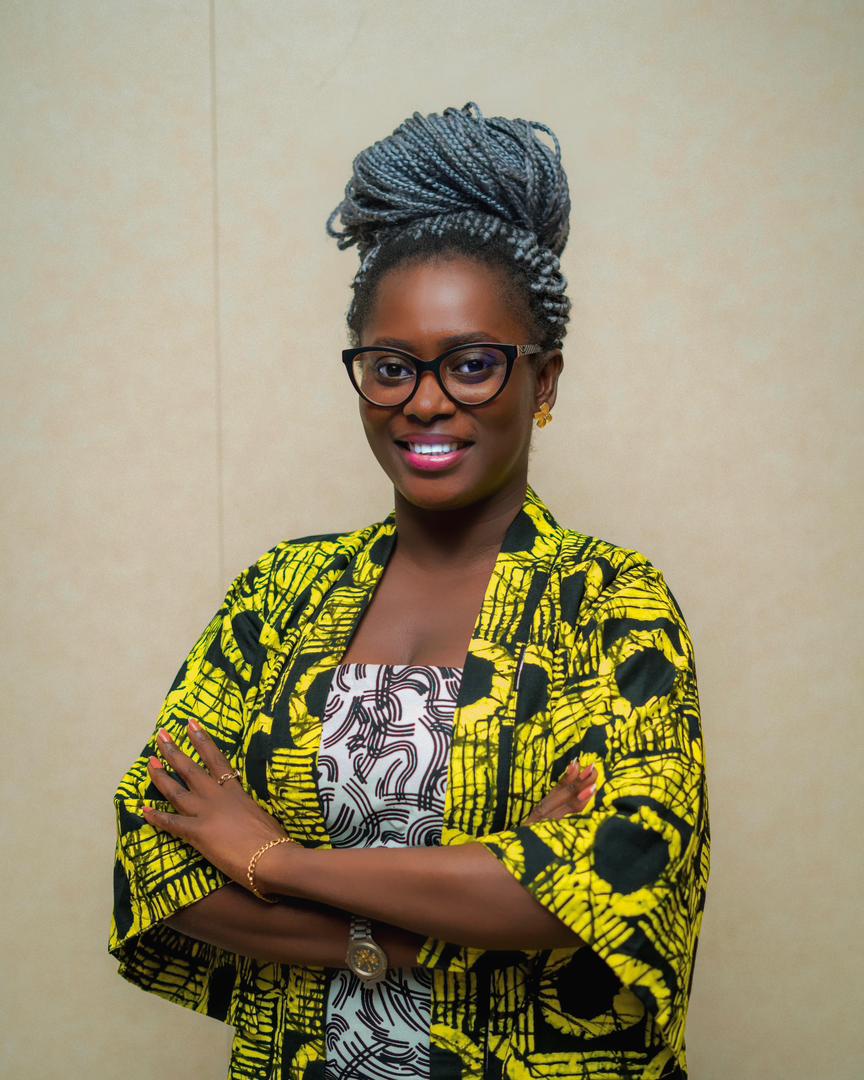Influencer marketing has become an indispensable tool in the marketing arsenal of Nigerian brands. With its promise of brand visibility, awareness, and conversion, it’s no wonder that the industry is projected to reach US$5.31m in 2025, according to Statista.
The expected annual growth rate (CAGR 2025-2029) for ad spending is 7.65%, leading to a projected market volume of US$7.13m by 2029. The average ad spending per internet user in the Influencer Advertising market in Nigeria is projected to be US$0.06 in 2025.
In Nigeria, influencer advertising is rapidly gaining traction among brands seeking to capitalize on the country’s diverse and engaged online community. However, beneath the surface of this booming industry lies a more complex reality. The “me too” syndrome has taken hold, with brands hastily joining the influencer marketing bandwagon without carefully considering the reputational risks.
According to a report, 53% of consumers in Nigeria are more likely to trust a brand recommended by an influencer over a direct brand advertisement. However, this trust can quickly turn to distrust if the influencer is embroiled in controversy.
In Nigeria, several high-profile influencers have been involved in scandals that have tarnished their reputations and, by extension, those of the brands they partner with. Despite these risks, many brands continue to prioritize influencer marketing, often at the expense of more traditional marketing strategies.
Brands are under pressure to deliver results, and influencer marketing seems like a quick fix. However, this approach can be short-sighted and neglects the importance of building a strong brand reputation.
Edward Israel-Ayide, CEO/Founder Carpe Diem Solutions, said me too syndrome/FOMO has also led to a mismatch between influencers and brands. With the rise of fake followers and engagement metrics, it’s becoming increasingly difficult for brands to identify genuine influencers who align with their values.
His words: “Many companies rush into influencer collaborations without due diligence, leading to reputation management issues. A good example is how some fintechs have faced backlash because their influencer partners became embroiled in controversies. This highlights the risks of prioritizing reach over reputation.
“I believe the “me too” or FOMO (fear of missing out) syndrome in influencer marketing is a strategic misstep where brands prioritize short-term visibility over long-term reputation building. While follower count often drives influencer selection in Nigeria, successful campaigns like Guinness Smooth’s “Smooth Tribe” demonstrate the value of selecting cultural innovators who authentically embody brand values.”
Entertainment content creator Oli Ekun perfectly exemplifies this approach. Despite having a smaller following than other influencers in the campaign, he generated a significant share of mind because the target audience found him relatable and credible. This proves that authentic alignment trumps mere numbers.
“At Carpe Diem Solutions, we advocate for a three-pillar approach: values alignment, audience authenticity, and crisis preparedness. To build sustainable brand equity, influencer partnerships must be rooted in strategic alignment rather than tactical opportunities.
“The key metric shouldn’t be reached alone but what I call “influence velocity” – the speed and depth at which an influencer’s message resonates with opinion shapers who can amplify your brand’s narrative authentically. In today’s digital landscape, this focus on quality over quantity isn’t just preferable; it’s essential for building lasting brand value,” he said.
Dr. Segun Alabi, MNIPR, Assistant Director, Corporate Affairs and Communications at the Manufacturers Association of Nigeria (MAN), notes that brands need to consider the influencer’s values, tone, and content style to ensure they align with the brand’s overall messaging.
“Brands must first understand what their brand identity is, their uniqueness, and their unique selling point. They need to align these identity brands with any brand ambassadors they wish to sign on. The most important thing is that it’s not what brings popularity to the influencer; it’s the persona, the personality.”
As the influencer marketing industry continues to grow, it’s essential for brands to adopt a more nuanced approach. This involves carefully selecting influencers who align with their values, monitoring their content and engagement metrics, and having a crisis management plan in place in case things go wrong. By taking a more thoughtful and strategic approach to influencer marketing, brands can mitigate the risks and reap the rewards of this powerful marketing tool.







Comment
No comments found.